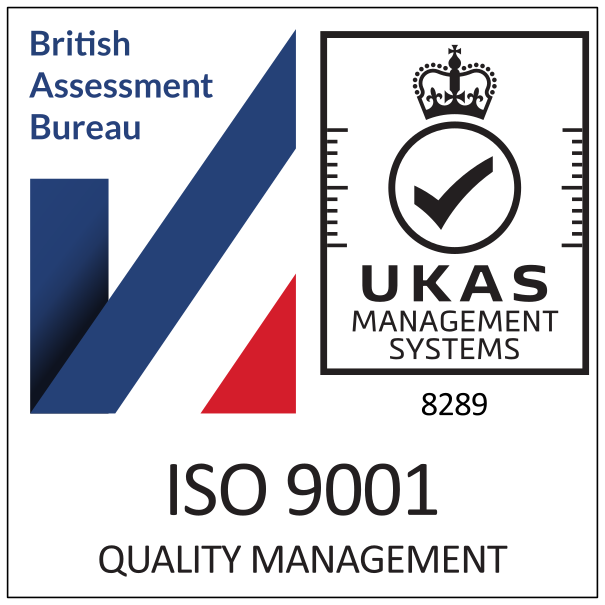If you’ve booked a trip or you’re in the middle of organising one, you’re probably wondering what impact Brexit, or a no-deal Brexit will have on your future travel plans.
With customers feeling more concerned than ever, we want to make you aware of some of the possible changes, from flights to visas and passports.
To put your mind at ease, we’ve answered some of your burning questions.
What happens if I am travelling before Brexit?
If you’re travelling pre-Brexit, your holiday will go ahead as normal. With no changes being made until after Brexit, you can rest assured your long-awaited trip is in safe hands.
Will I need a visa to enter Europe?
UK travellers won’t require a visa to enter Europe, but they could be expected to pay a small fee. According to The European Commission, this will cost around €7 and will be similar to the ESTA Visa Waiver, which is required to enter America. It’s important to note that these changes won’t be put into place until 2021.
What happens if I book to travel after Brexit?
Although not certain, there is nothing to say your travel plans after Brexit will be affected. However, leaving the EU may mean a separate passport queue for UK citizens.
But it’s not all doom and gloom, Brexit also comes with its positives. The main one being – the return of duty-free allowances, which will result in cheaper spirits and tobacco, in restricted quantities of course.
Will flights still operate?
UK citizens can rest assured that flights will still operate between the UK and EU regardless of the final result. If the UK and EU officials come to some sort of agreement, nothing is set to change until the end of December 2020.
Should I take out travel insurance to cover Brexit?
It is always recommended that you take out adequate insurance when travelling overseas. This is especially important for those with pre-existing medical conditions or those interested in adventurous activities. We also suggest checking your policy to see what is covered as this can vary widely.
Passports
According to the latest FCO advice, travellers will need to have six months validity on their passports from the date they return.
We also advise checking when your passport was renewed. Those who renewed their passport early may have additional months on top of the 10 years, however, it has been advised that these ‘extra’ months won’t be allowed within the 6 months validity required. The dates used for the validity will be 10 years from the passport issue dates and not the expiry dates.
If you are worried about your passport validity, we recommend using the government checking service.
European Health Insurance Card and travel insurance
As it stands, UK citizens have benefited from a European Health Insurance Card. This special cover means EU citizens can receive state medical care at a reduced rate, or for free. It is highly likely that EHIC’s will no longer be valid if we leave the EU.
As much as ABTA always advise taking out adequate travel insurance, if the withdrawal goes through, this will be more important than ever. Again, it is always worth checking your policy’s Terms and Conditions to make sure the insurance is right for you.
Driving licences
Drivers don’t currently require an additional license if they want to drive in Europe, but this could all be about to change in the light of a no-deal. It’s likely that UK holidaymakers will need to apply for a International Driving Permit, which will need to be purchased before you travel.
But the good news is – these will be available from the Post Office at small cost of around £6. We also suggest checking the country in which you’re travelling to ensure you have the correct permit.
Green cards for car insurance
Green cards for car insurance are another change we may need to consider if we leave the EU. Carrying a green card means your UK car insurance is valid when driving overseas. For more information on this, we advise speaking to your insurer after the 29th March.
We suspect that travellers may be required to pay a small fee to cover any admin costs, while failure to obtain a card could result in a huge bill, so it’s important to take this into consideration.
Data roaming
More recently, the EU also introduced new data roaming rules which scrapped additional charges when travelling to EU countries. This meant UK holidaymakers could use their phones as normal without worrying about being hit with extortionate bills on their return.
In the likelihood of a no-deal scenario, we anticipate that such perks will no longer apply. If this is the case, some phone providers may continue to offer the same benefits. However, this is something you will need to check with your supplier.
[cta]












